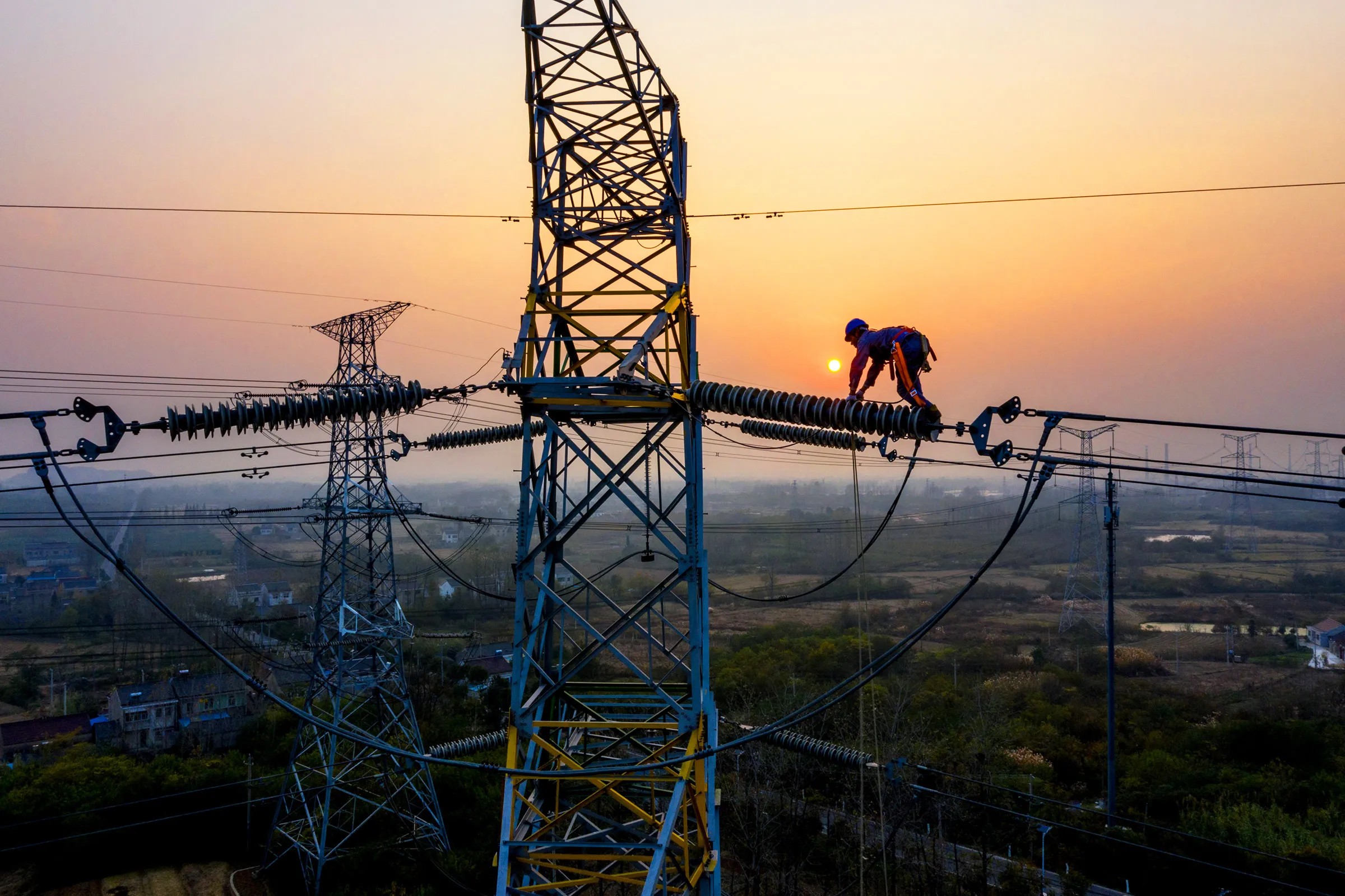Generator energy can be used to power homes, businesses, and other establishments even in the event that the main power source is cut off or unavailable, such as during blackouts or calamities or in areas with no access to official power grid. Alternative energy sources, particularly generator energy, its types of application, and methods of selection need to be understood to ensure proper generator energy supply in case of power failure. In this article, we would be discussing the basic foundation of generator energy, its numerous applications, and several things to be considered before choosing a generator.
The Basics of generator Energy
Mechanical to Electrical Conversion: Generator energy is one kind of energy that is produced through the application of mechanical energy in production of electrical energy. A generator is made up of an engine or a prime mover, a rotating part known as the rotor enclosed in a magnetic field and stationary surround known as the stator with coils of wire.
Fuel Sources: Generator energy can come from different fuels like gasoline, diesel, natural gas, LPG or even propane and can achieve power from renewable resources like solar energy, wind energy and water power energy. There are others that depend solely on the type of fuel including availability, cost, environmental cost and the application needed.
Continuous or On-Demand Power: Generators can always supply base load power to keep essential processes running 24/7, or supplied power for contingencies and planned outages. Residential Standby Generators are permanently fixed and will start as soon as the power goes off while Portable Generators are more portable and is usually used on a need to basis.
Applications of Generator Energy
Residential Backup Power: Generator energy provides power during electricity blackout to keep relevance tools and services on, such as fridges, lamps, heat, or life-sustaining machines. There are stand-by generators that supply power backup for homes, and portable generators that are used temporarily for occasions like fairs.
Commercial and Industrial Use: Generator energy is essential for businesses as it provides a source of energy during blackouts, ensuring minimal disruption to the business and therefore minimizing the losses incurred due to the lack of productivity. Standby generators often help to supply essential loads often said to be mission critical like data centers, telecommunications equipment, manufacturing equipment, and refrigeration systems to mention but a few hence preserving business and hence customer satisfaction.
Construction and Remote Sites: Generators energy is vital in providing power to tools, apparatus, and temporary structures in construction sites, distant areas and sites involving outdoor occasions. Portable Generators- these are capable of producing electricity at a site that is not permanently fixed with facilities for power generation and distribution such as construction sites, disaster management, and recreational activities like, camping, festivals, and fairs.
Off-Grid Living and Renewable Energy: This makes Generator energy to also support off-grid dwelling and renewable energy sources by supplementing the power in cases where, solar, wind, or hydro electricity is inadequate. Combined systems are good combinations of generators with renewable energy and energy storage systems with the aim of improving energy sovereignty.
Generator energy is used in standby, black-outs, disaster relief, and places where there is no access to utility power such as homes, businesses, construction sites among others. Through the knowledge concerning the fundamentals of generator energy and its various uses, as well as factors influencing the choice of a generator, users can easily make the right decisions in order to meet their energy needs in a reliable and efficient manner. For home backup purposes, business usage, construction sites or outdoor events, Generator energy serves a reliable way to provide light to dark when a blackout happens.


